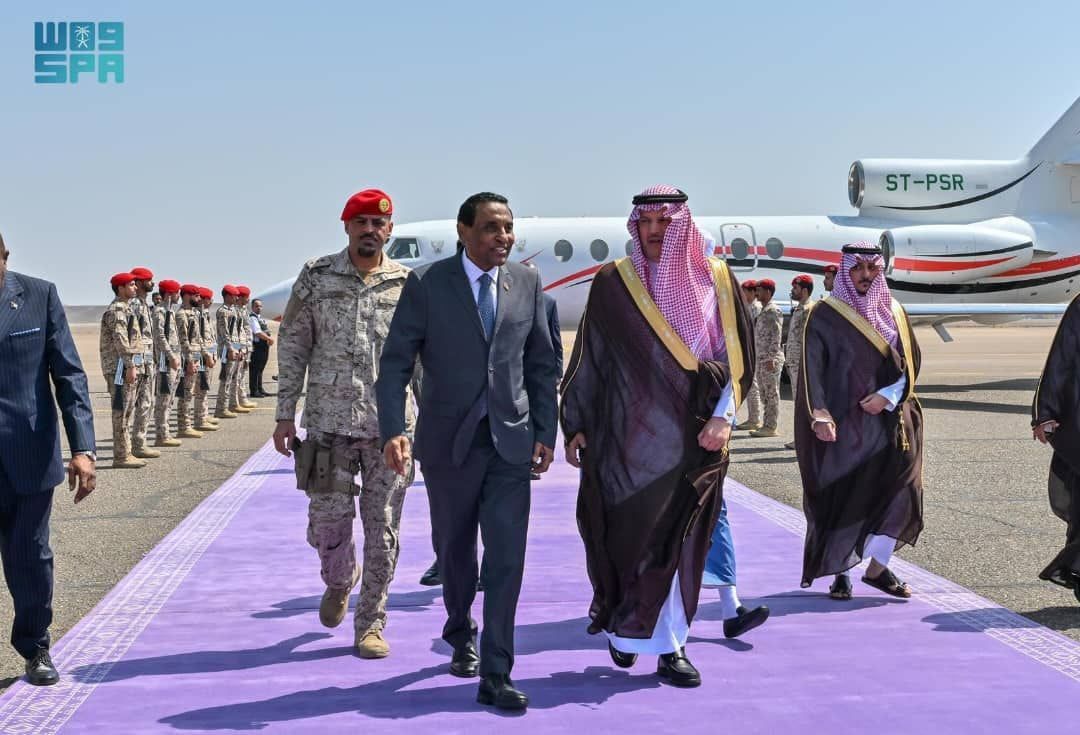All Gulf political leaders recognize that Sudan represents a fundamental pillar in strengthening Gulf diplomacy in Africa. Indeed, since 2006, Khartoum has contributed to consolidating the Gulf’s presence in the Great Lakes region, and between 2003 and 2008 it supported Gulf diplomatic activism through its representatives in most African countries. This role helped to develop tools of public diplomacy that the Gulf states now rely on to reinforce Afro-Gulf relations. It is sufficient to recall what French academic circles state on this matter when they describe Sudan as: “L’État aux six portes vers l’Afrique” — in Arabic, “The State of the Six Gateways to Africa.”
The visit of Sudanese Prime Minister Dr. Kamil Idriss to the Kingdom of Saudi Arabia comes at a time when Khartoum has successfully projected its vision across all its regional neighbors. Each state has developed its own perspective for understanding the forthcoming developments. While these capitals differ in the mechanisms through which they interpret their vision of a post-war Sudan, they nonetheless converge — without formal agreement — on the recognition that the Sudanese military institution has, since 2023, succeeded in imposing a new security and intelligence reality. This new framework will inevitably shape Khartoum’s outlook toward its regional environment. From an African perspective, this dynamic is likely to push Sudan’s leadership to adopt new principles of internal security and innovative approaches to foreign policy — approaches befitting a nation that has endured a trial by fire and thus earned its right to life.
Sudan remains, therefore, a central pillar in strengthening Gulf diplomacy in Africa. Khartoum reinforced the Gulf’s presence in the Great Lakes region as early as 2006 and, between 2003 and 2008, supported Gulf diplomatic engagement through its representatives across Africa. This facilitated the development of public diplomacy tools that the Gulf states now rely upon to deepen Afro-Gulf relations. (Sudan: the gateway of the Arab Gulf to Africa’s strategic depth).
Looking ahead, and in support of Sudanese-Gulf relations, one may anticipate a future meeting between Sudanese Prime Minister Kamil Idriss and the Secretary-General of the Gulf Cooperation Council, accompanied by the foreign ministers of the GCC states. Such a meeting would reinforce the recently announced National Comprehensive Recovery Campaign in Sudan. This initiative will not only contribute to strengthening Sudan’s national security mechanisms, but will also enhance the Gulf’s role in advancing African peace and security frameworks. In turn, this would foster closer Afro-Gulf cooperation across numerous regional and international issues — matters which some African leaders continue to approach with caution, and at times, with deep mistrust.
Dr. Ameena Alarimi
Emirati Researcher on African Affairs


No Comments